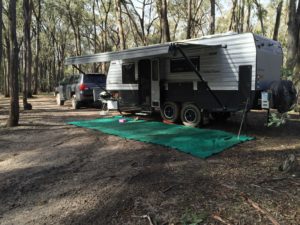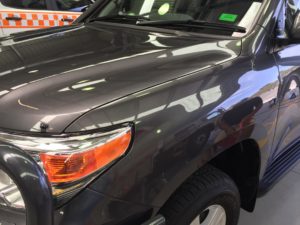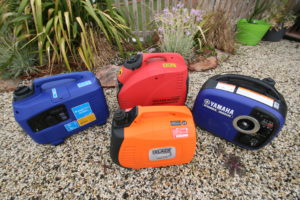Having previously owned both diesel and petrol vehicles and also having towed with both, I thought I had this question well and truly sorted out in my own mind years ago. These days, I think the answer is not so clear cut. Let me explain:
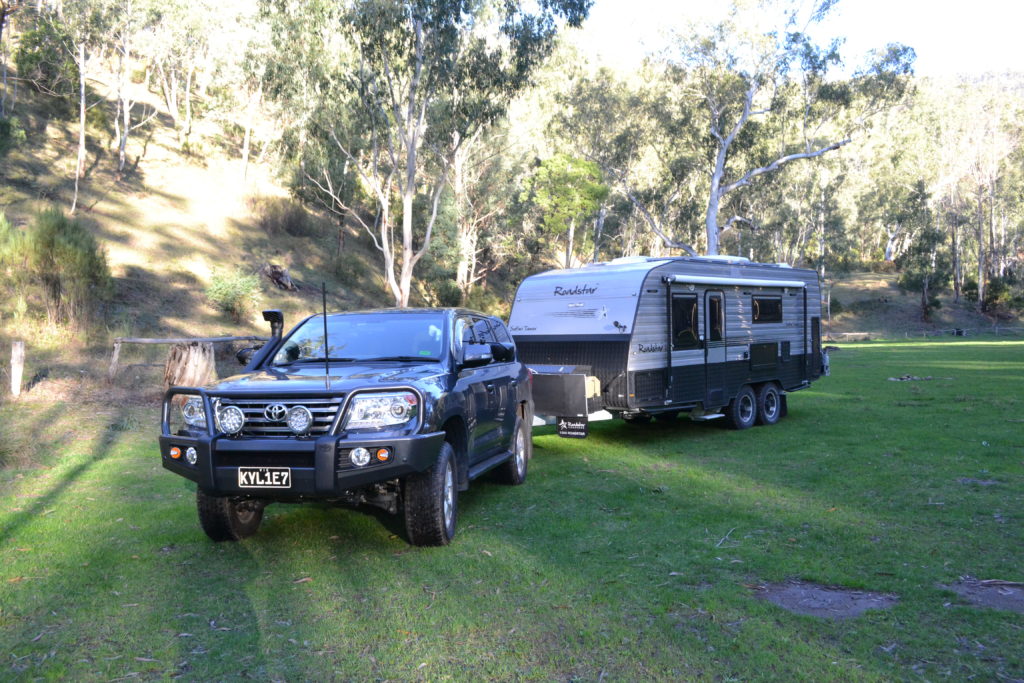
I once owned a Land Rover Discovery V8 petrol 4WD. When I had it, I was earning a pretty good wage and I had never experienced owning and driving a diesel before. The only diesels I had ever driven were naturally aspirated Landcruisers and Patrols and these wouldn’t pull the skin off a rice custard. As a busy sales rep buzzing around the state, I needed something that was capable of keeping up with Melbourne’s traffic. The Disco was a lot of fun to drive. The 3.8l engine was small by V8 standards but, shuffling through the gears, it revved pretty well and propelled the large 4wd very nicely indeed. It would never set the tyres alight but, for a 4wd, it was very respectable. The noise from the exhaust was also quite pleasing. All this performance came at a cost. A hefty one. 80 litres of fuel would be gone in 450ks. That’s 17.7l/100ks on a good day….! For a boy who had not owned anything bigger than a 2l Camry, this sort of fuel consumption was a shock to the system, and the hip pocket. The limited range was also a major headache when venturing off road. Even a short weekend in the Victorian Alps had to be planned to include a fuel stop along the way at some point. Failure to do so would leave my heart in my throat and my eye on the fuel gauge. Not a lot of fun. When I started towing even a modest load, the story was even worse. 20l/100ks on the open highways was as good as it would get with our sub 2t Bush Hopper trailer in tow. For outback travel, this sort of range was completely unsatisfactory. I had to do something.
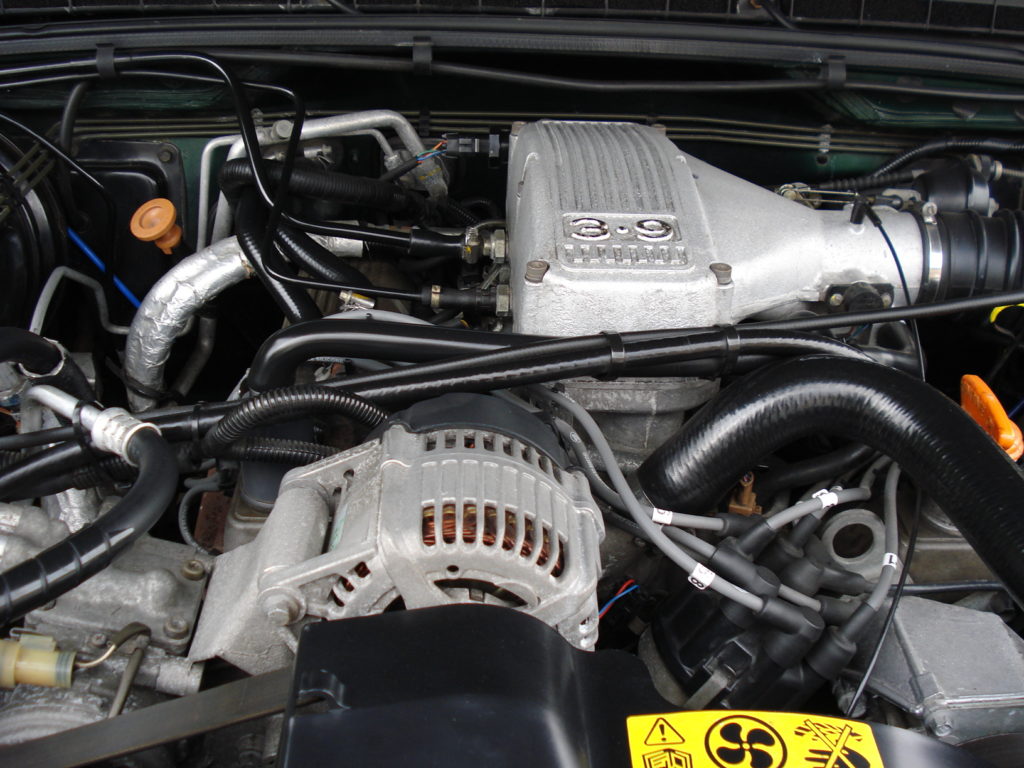
I changed the V8 over to a diesel version of the same car. The Discovery with the 300tdi engine was a complete revelation. For a 2.5l 4 cylinder diesel engine, it had sufficient poke to keep up with the traffic. It was not as quick as the V8, but it didn’t feel like it lacked for any power, such was the low end delivery of its substantial torque. Best of all, you could give the engine the beans all day and it would consistently return fuel consumption figures of 10l/100ks every single fill up. That’s twice the V8’s range. Towing the same trailer, this figure would rarely rise above 13l/100ks. I was very happy and kept this car for over 11 years. As far as I was concerned at the time, anyone not driving a turbo diesel 4wd was kidding themselves.
Other 4wds at the time seemed to confirm my theory. The 80 series Crusiers were mainly being bought with the 4.5l straight six and even with twin cams and multivalve fuel injection, they still sucked down fuel at rates comparable to the old Disco V8. Even when Toyota and Nissan started turbo charging their 6 cylinder diesels, their fuel consumption wouldn’t get anywhere near the Disco’s.
Move time along another 10 years. The good old Disco was gone and we were 8 years into owning a Nissan Patrol 3.0CRD. Time had come to upgrade to something with a lot more grunt and towing capacity. I was still convinced a diesel was the way to go and we eventually settled on a 200 series Crusier V8 diesel and it hasn’t disappointed us in any way thus far. Its fuel economy is remarkable given the power this engine produces. It’s a fantastic vehicle. However there are a few caveats on this. Its fuel use can get into the higher end of the diesel spectrum if you give it the beans on a regular basis. We don’t drive it like we’ve stolen it, preferring to enjoy the relaxed nature of the big 8, but I have no doubt that if we were to partake in the traffic light drags a bit more, this consumption around town would go into the 13l/100k territory. That is still not bad for a 2.6t V8 auto full size 4WD…!
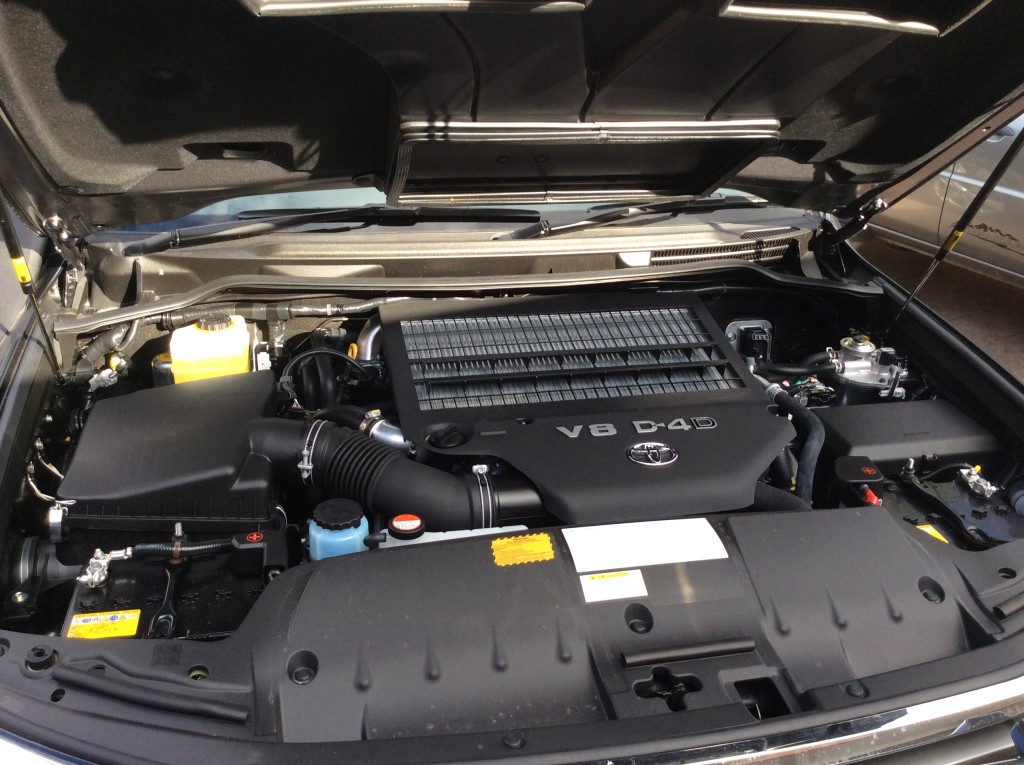
With a van on the back, obviously fuel consumption increases. Our Roadstar Safari Tamer is near on 3.5t fully loaded and this can see our fuel use increase to between 17.5 and 22l/100ks. By today’s standards that’s fairly high for a diesel but it’s not unreasonable. Many factors come into play here. Road conditions, prevailing winds, higher speeds all conspire to increase our fuel use.
So…back to the question of petrol or diesel. Until recently, there wasn’t a lot of choice if you wanted a full size 4WD. The 200 series cruiser was basically it and the petrol variant gulped down fuel like it was happy hour at the brewery. I’ve read about one fellow who’s petrol Cruiser managed to gulp down 39l/100ks driving into a stiff head wind towing less than 3t…!! He said he could actually see the fuel gauge move as he drove along.
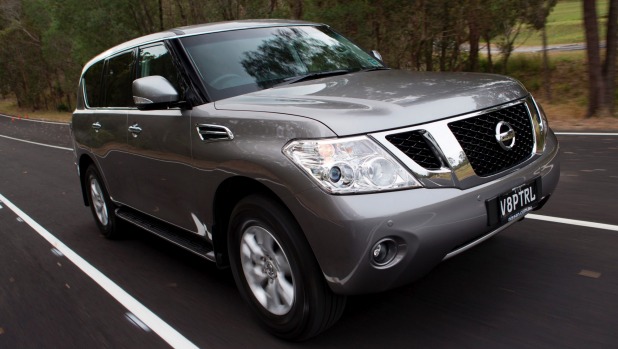
Now there’s a new Nissan Patrol on the market, the Y62. Its 5.6l V8 is, by all accounts, a gem of an engine. Its capable of sedan like speeds and can effortlessly tow big loads up to 3.5t. But early reports about its fuel consumption quickly scared off buyers. I saw one report where a tow test resulted in fuel consumption of an eye watering 34l/100ks…! That’s around 450k range from 150 litres of fuel. Fuel consumption on that scale is nothing short of frightening.
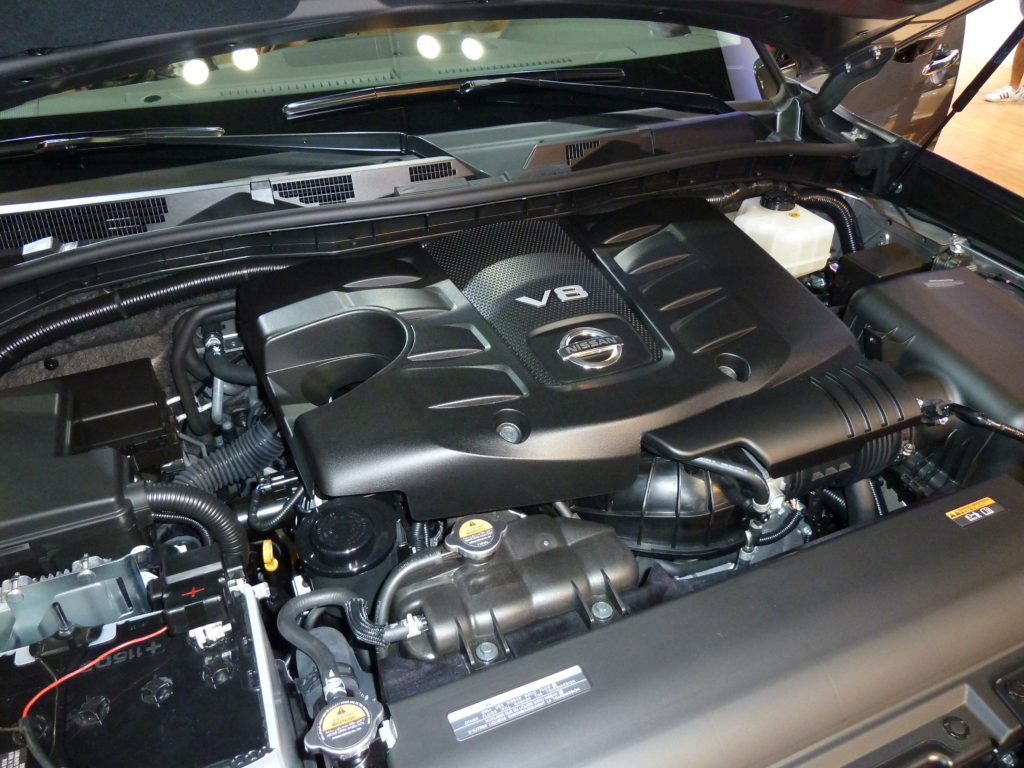
The Y62 Patrol has been with us for a while now and it seems some of those early reports may have been a bit anomalous. Still more recent reports and feedback from actual users varies greatly but in real world conditions, for a given circumstance, the Y62 will consume anywhere between 5 and 7l/100ks more fuel than a diesel 200 series Landcruser. But the Patrol can be purchased for around $20,000 less than a Landcruiser of similar spec. You can buy a lot of fuel for $20,000….! Actually, at around $1.50 per litre, that’s about 13,000 litres. Even at 20l/100ks, that quantity would be sufficient for around 65,000ks to get to the breakeven point. Looking at those sort of figures, why the hell would anyone buy a diesel Landcruiser?
Well…the answer to that is simple. How many people would actually put aside $20,000 in the bank purely to be used for fuel over the lifetime of vehicle ownership? Not too many I don’t think. It’s just not a practical solution. No matter how you look at it, you still have to put fuel into that large fuel tank and you’ll be doing it more often than you would with a diesel powered vehicle. Then there’s the outback travel thing I’m always on about. It is still possible to have to travel 500ks or more between fuel stops. If you want to avoid smaller isolated fuel stops, you could increase those distances to 800ks or more in many instances. As a result, touring range starts to become a real issue. Then there’s the availability of unleaded fuel. The Y62 loves higher octane 95RON. While it is much more widely available than it may have been 15 years ago, it may not be available everywhere. Even in some remote areas, petrol may not be available at all. You be forced to fill up with Opel fuel or Avgas. Both of which have their own nasty issues. On the other hand, diesel is literally available everywhere.
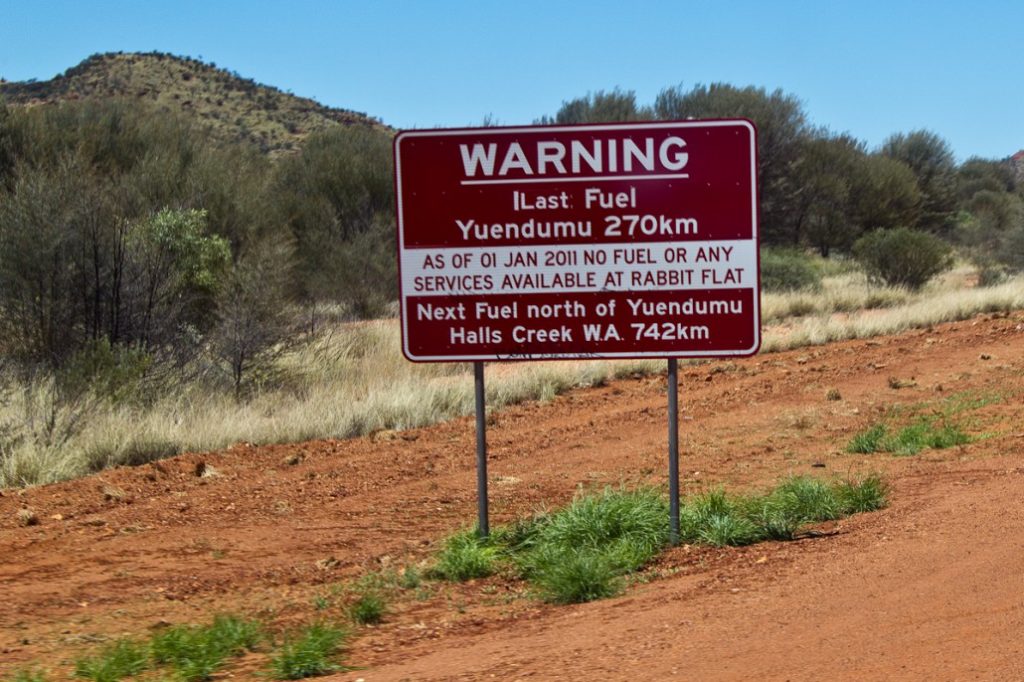
Now I can hear the chorus of petrol owners out there carrying on about fuel contamination and water in diesel and, yes I acknowledge it’s an issue, but, I maintain that it is far easier to eliminate this risk by the use of additional filters. Further, the fact a diesel has more chance of getting to major fuel stops separated by greater distances reduces this risk considerably.
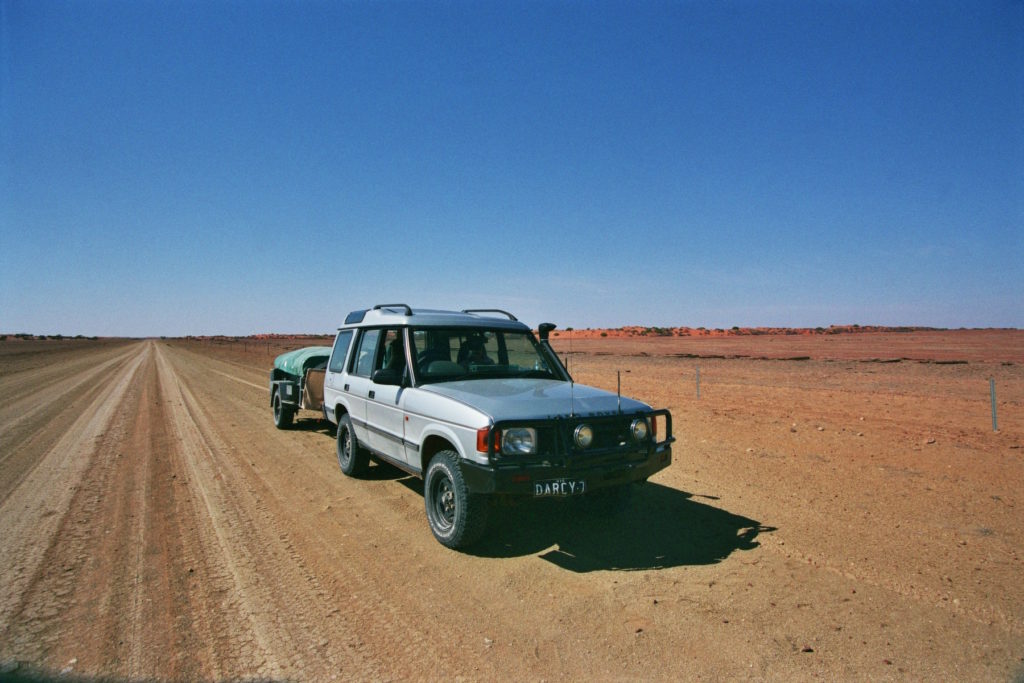
At the end of the day, the decision is up to the individual and what they value most. If you’re not venturing too far away from the major centres and you can live with more frequent trips to the bowser, then save your money and buy the Patrol and enjoy that glorious V8 engine. But, if you’re travelling outback, towing a big load and want to get further on your litre of fuel, then the extra investment in a diesel is the way to go.
Safe Travels


